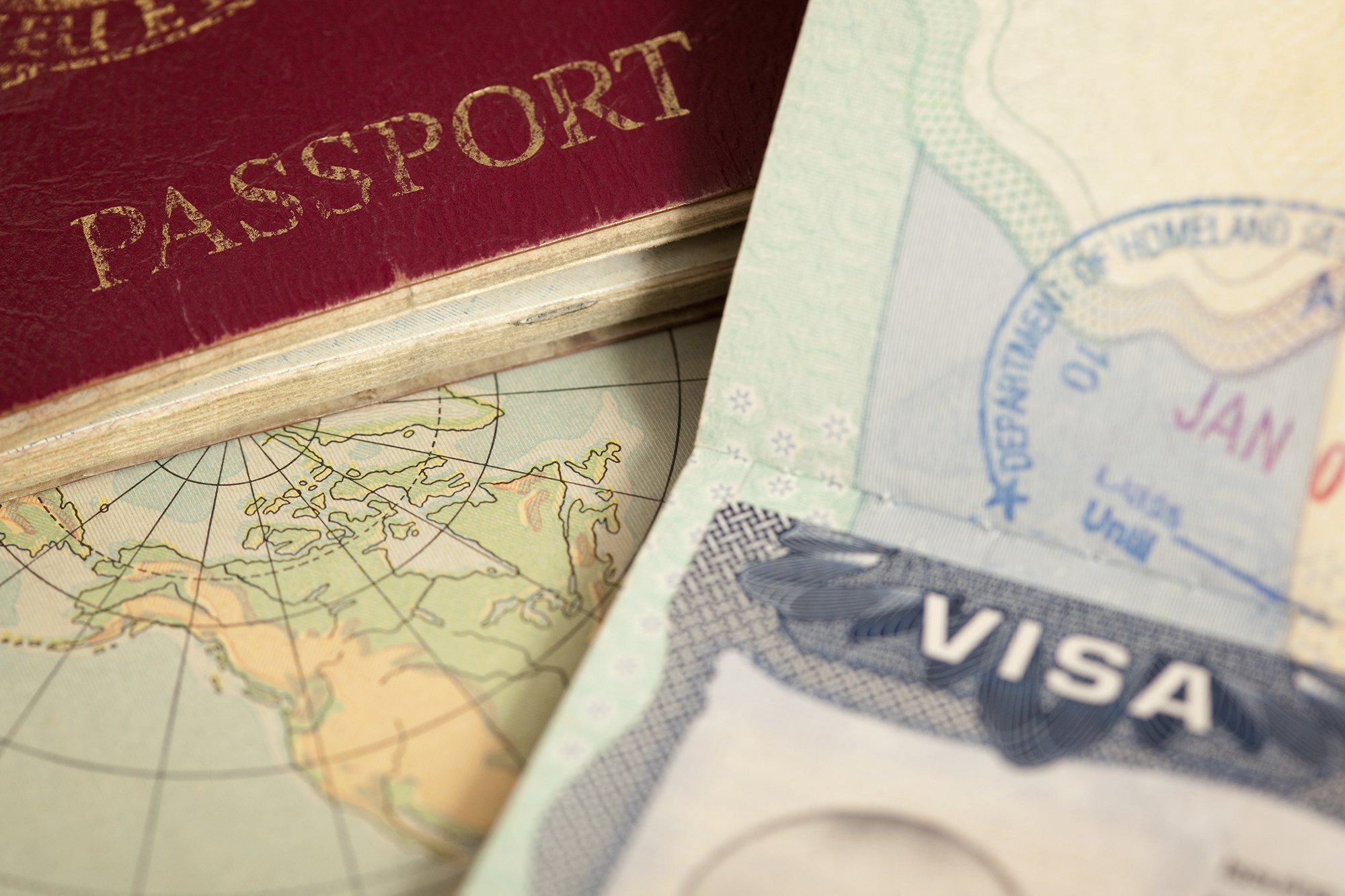
An E-1 non-immigrant visa allows a national of a treaty country (a country with which the United States maintains a treaty of commerce and navigation) to work in the United States engaging in international trade on his or her own behalf. Certain employees of such a person or of a qualifying organization may also be eligible for this classification.
General Qualifications of a Treaty Trader
To qualify for E-1 classification, the treaty trader must:
- Be a national of a country with which the United States maintains a treaty of commerce and navigation. (See the List of Treaty Countries)
- The trading company must be owned at least 50 percent by nationals of the treaty country
- The international trade must be substantial
- More than 50 percent of the international trade involved must be between the United States and the treaty country
- Trade means the international exchange of goods, services, and technology. Title of the trade items must pass from one party to the other.
Substantial trade generally refers to the continuous flow of sizable international trade items, involving numerous transactions over time. There is no minimum requirement regarding the monetary value or volume of each transaction. While monetary value of transactions is an important factor in considering substantiality, greater weight is given to more numerous exchanges of greater value.
General Qualifications of the Employee of a Treaty Trader
To qualify for E-1 classification, the employee of a treaty trader must:
- Be the same nationality of the principal alien employer (who must have the nationality of the treaty country)
- Meet the definition of “employee” under the relevant law
- Be an essential employee, employed in a supervisory or executive capacity, or possess highly specialized skills essential to the efficient operation of the company. Ordinary skilled or unskilled workers do not qualify.
Duties which are of an executive or supervisory character are those which primarily provide the employee ultimate control and responsibility for the organization’s overall operation, or a major component of it.
Highly specialized skills make the employee’s services essential to the efficient operation of the business. There are several qualities or circumstances which could, depending on the facts, meet this requirement. These include, but are not limited to:
- The degree of proven expertise in the employee’s area of operations
- Whether others possess the employee’s specific skills
- The salary that the special qualifications can command
- Whether the skills and qualifications are readily available in the United States.
Knowledge of a foreign language and culture does not, by itself, meet this requirement.
Terms and Conditions of E-1 Status
A treaty trader or employee may only work in the activity for which he or she was approved at the time the classification was granted. An E-1 employee, however, may also work for the treaty organization’s parent company or one of its subsidiaries as long as the:
- Relationship between the organizations is established
- Subsidiary employment requires executive, supervisory, or essential skills
- Terms and conditions of employment have not otherwise changed.
Family of E-1 Treaty Traders and Employees
Treaty traders and employees may be accompanied or followed by spouses and unmarried children who are under 21 years of age. Their nationalities need not be the same as the treaty trader or employee. Spouses of E-1 visa holders are eligible to work in the U.S.
